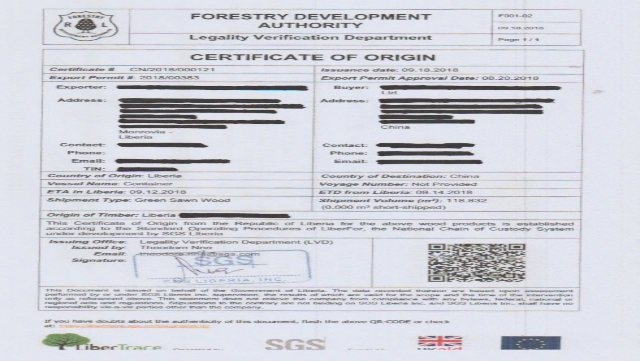Sustainable farming practices and employment opportunities for young people
The online course ‘Sustainable agricultural practices and employment opportunities for young people’ offered by the International Organisation of La Francophonie as part of its project ‘Support for environmental initiatives in the Congo Basin’ aims to present, describe, explain and promote understanding of a dozen agricultural practices that are relevant and adapted to the specific characteristics of the countries of the Congo Basin and similar production contexts. The objectives of training in sustainable farming This training course aims to identify and share good practices and adapted techniques that can stimulate a virtuous cycle of sustainable agricultural production. The training aims to equip learners with useful, viable and profitable farming skills. It will enable them to select the necessary materials and equipment and to experiment with valuable agricultural practices in their territories. These practices are conducive to the creation of decent jobs for young people, mitigate climate change and improve the functioning of soils and ecosystems.The training is open to people of both sexes with no prerequisites and is suitable for small farms that are starting up or growing. Benefits for scholarship recipients IOF will award two grants of EUR 5,000 to two learners under the age of 35 who have successfully completed this online course and applied the knowledge they have acquired in an exemplary manner.Following the online training, a competition for inspiring stories and videos entitled ‘1 minute of sustainable and smart agriculture’ will be organised for learners who have applied their knowledge of sustainable agriculture. After the online training, a competition for inspiring stories and videos entitled ‘1 minute of sustainable and smart agriculture’ will be organised for learners who have applied their knowledge of sustainable agriculture. The competition will focus on innovative initiatives that use artificial intelligence, precision agriculture or drones to transform sustainable agricultural practices and create exciting jobs for young people. How to register for the training course ? The training course is free and will start on 1 December 2025. To participate, you must register or log in to your account and confirm your registration for the MOOC. Source : IFDD




